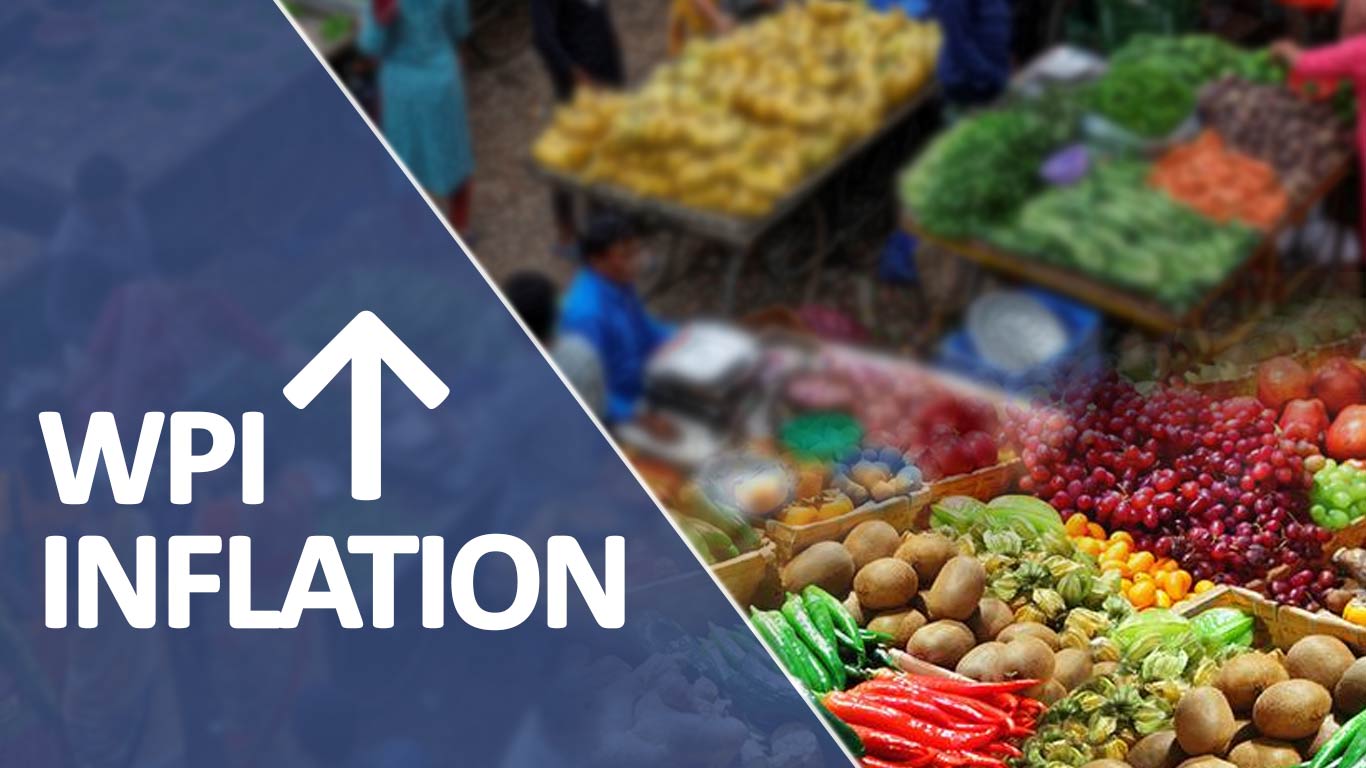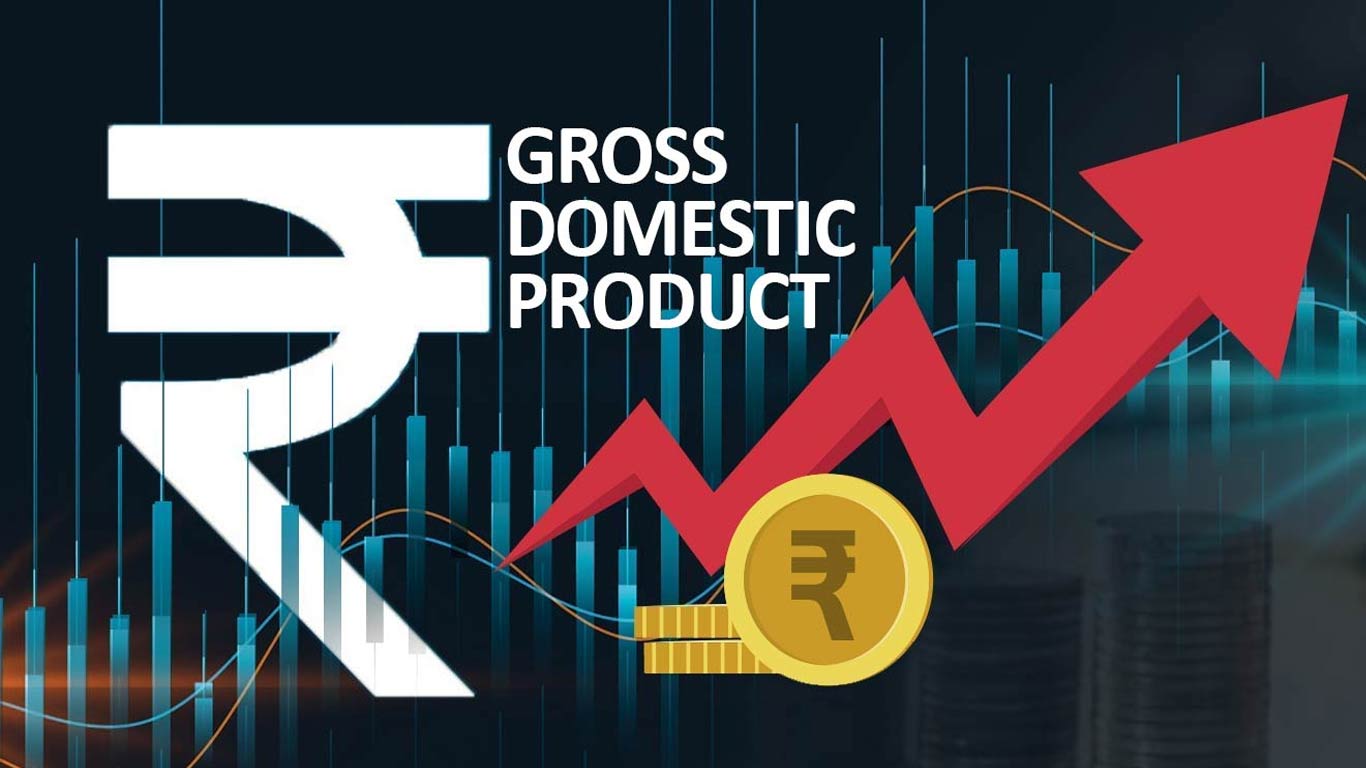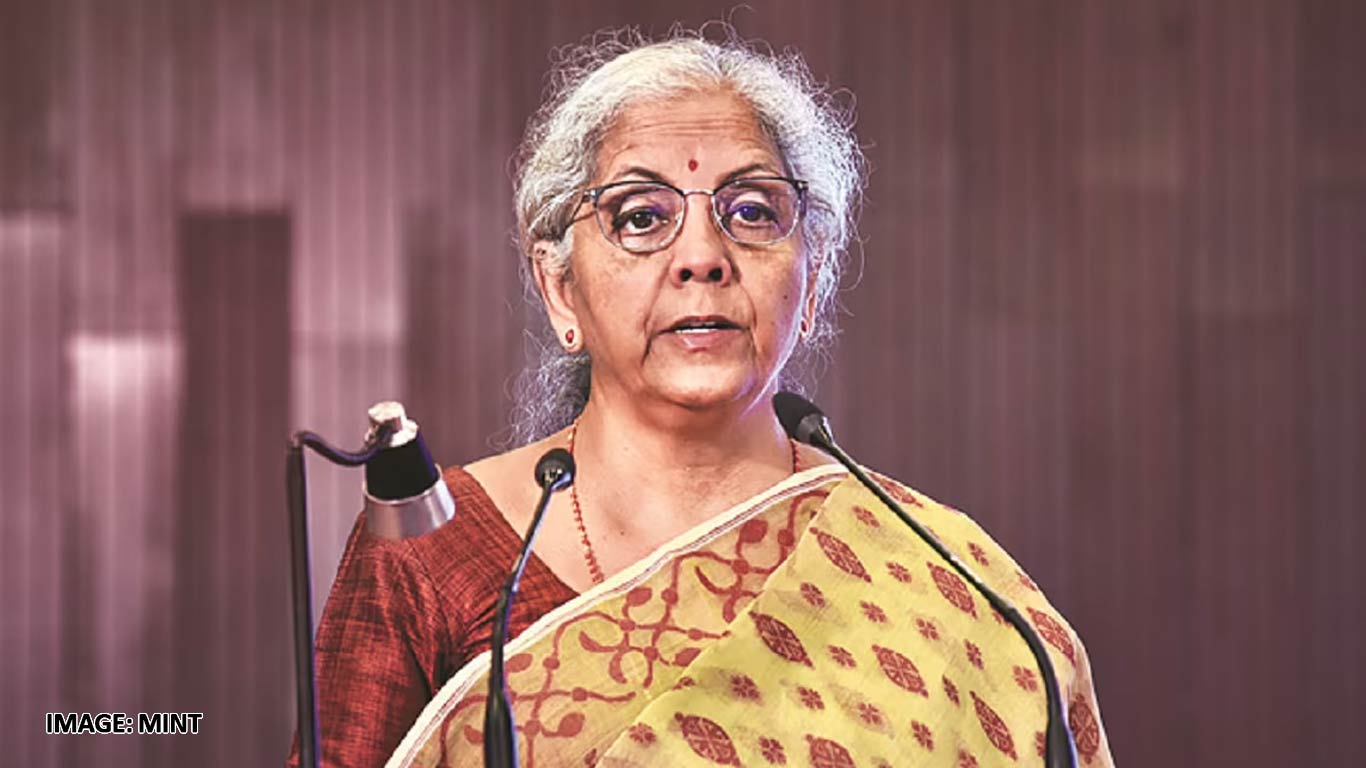Those with sales, revenue of Rs 10 lakh likely under GST; MSEs to be hit
Updated: Aug 21, 2014 04:10:49pm

Implementation of GST will remove barriers to movement of goods and services across state boundaries and turning the country into a single market. GST will replace service tax, excise, state value-added tax and a number of other local levies.
"It was decided that Rs 10 lakh in respect of general category of states and Rs 5 lakh for special category and north-eastern states," Jammu and Kashmir finance minister Abdul Rahim Rather, who heads the empowered committee on GST, told reporters after a meeting of the panel yesterday.
According to this, the GST will be levied on all retailers and service providers with a turnover of more than Rs 10 lakh in general category states and Rs 5 lakh in special category states.
The committee also asked the Centre to specify GST compensation structure for five years in the Constitutional Amendment Bill.
“GST compensation structure should be part of Constitutional Amendment Bill,” Rather said, adding a five-year compensation structure be included in the Bill.
Government had earlier said that implementation of GST will be “sooner than later” and it was engaging with the states with an open mind on the subject.
The state FMs had proposed to keep products such as petroleum, tobacco and alcohol out of GST ambit and had demanded that the exemption list be included in the Constitutional Amendment Bill, reports media.
Regarding dual control, the states demanded legal as well as administrative to collect tax from businesses with an annual turnover of up to Rs 1.5 crore.
The levy will have two components — central GST and state GST.
States want to have legal control of central GST up to a limit of Rs 1.5 crore. But the Centre is only willing to give up administrative control. Above the Rs 1.5-crore limit, dual control is prescribed, on which there are no differences.
Under the dual control of traders by both the Centre and states — in GST structure, taxpayers with annual turnover of over Rs 1.5 crore would be taxed by the Centre, which will later disburse the share of the states.
Those entities with turnover below Rs 1.5 crore would pay their taxes to states, which would subsequently pass on to the share of the Centre. (KNN/SD)










